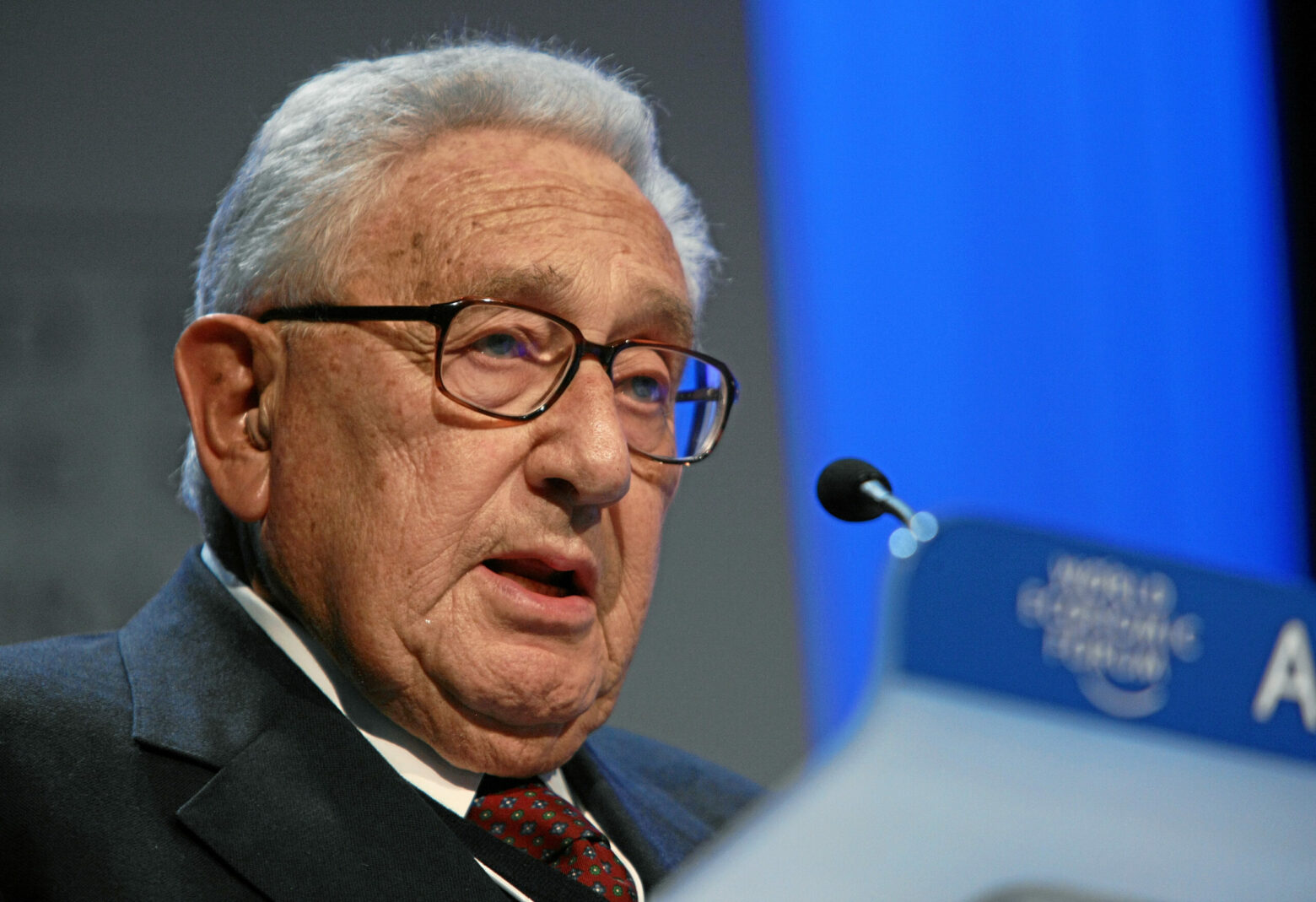What Kissinger thinks about the war in Ukraine

According to Kissinger, allowing Russia to lean on China and move away from Europe does not seem a desirable or desirable goal for global balance. Indeed, such a polarization would only compromise the world order.
Extremely clearly, former US Secretary of State Henry Kissinger stressed the need to replace the logic of escalation with that of diplomacy.
Kissinger expressed the wish to build negotiations that allow the players in the field to assert their interests.
With equal realism, he also expressed the need for the United States and China to build a dialogue, which must be based on an absolutely fundamental assumption of international politics, namely the balance of power in a multipolar reality.
Assuming that Ukraine is demonstrating undoubted heroism at the military level, this war will nevertheless necessarily have to be resolved in the long run through a diplomatic compromise that transforms Ukraine into a kind of neutral state.
While not sharing the geopolitical analysis made by Zbigniew Brzeziński according to which the heart of the earth is Eurasia and therefore the Ukrainian state is an important geopolitical pivot whose independence serves to contain Russian imperial ambitions, Kissinger argues on the contrary that the 'Ukraine must serve to establish more direct contact between the Russian and the West.
According to Kissinger, therefore, there is no real danger that Russia could become a Eurasian empire given the limited military means. Using technical language, that is, of a geopolitical nature, the decisive friction of a great power in an unstable region, at the risk of unleashing a generalized and catastrophic war, cannot in itself constitute a goal.
In other words, Kissinger is affirming the primacy of the balance and conservation of the world order. Kissinger does hope for an independent and neutral Ukraine, but not a Ukraine fully integrated into the Western alliance, because this would lead to an immediate and understandable legitimate reaction on the part of Russia.
If Kissinger makes a statement of this kind, it is because he has an attitude far removed from the Russophobia shared and embraced by many of his compatriots and instead takes an attitude marked by pragmatism.
If the former secretary of state insists on the concept of balance it is no coincidence: the balance applied to international relations is synonymous with global peace in an increasingly unstable world, characterized by the proliferation of actors.
However, maintaining or preserving the equilibrium does not compromise the pursuit of the power interest of the single nation, since the national interest however remains the normative concept that is able to explain the modus operandi of states on the world stage.
So the concept of national interest and that of balance of power are two sides of the same coin, but they have nothing to do with the will to power; which, if implemented, can lead to tragic consequences.
But so that the national interest does not degenerate into a will to power, this must be rigorously delimited and plastically adapted to the dynamics of real forces, that is, to the concrete unfolding of power. Furthermore, the national interest is something concrete, we could say damn concrete, which very often has nothing to do with ideological propaganda, which instead serves to manipulate the masses.
Returning to the current conflict, Kissinger underlines how the escalation by the West will only lead Russia to move further and further away from Europe and get closer and closer to China.
Allowing Russia to lean on China and move away from Europe does not seem a desirable or desirable goal for global balance. Indeed, such a polarization would only compromise the world order.
On the contrary, the relationship between the United States on the one hand and China on the other remains structuring for the world order as it allows for international balance.
As Henry Kissinger points out, the central issue of the Sino-American relationship at the stage in which it has arrived is the establishment of a cooperation structure capable of guaranteeing the stability of the world.
In any case, returning to the current conflict, Kissinger underlines the urgent need for negotiations between the parties, which would allow the return to a stability in the context of Eastern Europe of which the neutrality of Ukraine could be the main condition.
This is a machine translation from Italian language of a post published on Start Magazine at the URL https://www.startmag.it/mondo/guerra-ucraina-pensiero-kissinger/ on Sun, 12 Jun 2022 06:18:02 +0000.
